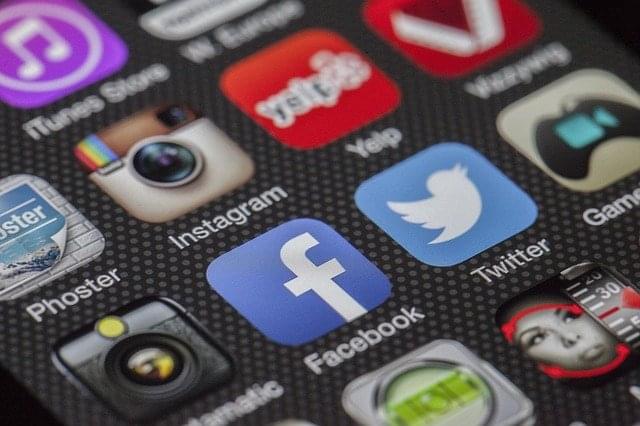
By Illinois Radio Network
Facebook users in Illinois could soon see a portion of a $550 million settlement over the company’s alleged breach of Illinois’ biometric information law.
The social media giant disclosed that it had come to a tentative agreement over a 2015 lawsuit that alleged the company violated Illinois’ Biometric Information Privacy Act each time it stored a person’s facial data to then notify them about photographs posted on the platform.
“When you would upload a photo, it would suggest who was in that photo and it was using facial recognition technology to do that,” said Christoper Dore, partner attorney at Edelson PC.
Edelson was a part of the legal team representing the plaintiffs.
It’s not yet clear how many people will qualify for compensation as part of the settlement.
“Any class action notice will go out through various means, email and other means, to let people know that they are part of the class and present them with the options that they have,” Dore said.
Once the suit is approved of by a federal judge in San Francisco, where the case was moved to at the request of Facebook, Dore said those who are eligible will be contacted with instructions on how to claim their settlement.
Dore said the settlement could amount to “several hundred dollars” per person if it was settled in a way similar to other Biometric Information Privacy Act lawsuits.
The state’s Biometric Information Privacy Act imposes a fine of $1,000 for each violation, and $5,000 if it’s proven the defendant willfully neglected the law, but that standard is difficult to prove.
Illinois’ Biometric Information Privacy Act prohibits businesses, governments or other entities from storing a person’s biometric information, fingerprints, facial shape, or otherwise, without their explicit positive permission. It also sets other requirements for the storage of that information.
“Biometric information is uniquely sensitive,” said Abe Scarr, director of the Illinois Public Interest Research Group. “You can cancel your credit card. You can’t cancel your face. We should know who is collecting and commercializing information created from the stuff our lives are made of.”
Texas has a similar law, but legal recourse must be taken by the state’s attorney general. Illinois’ law allows people to file civil suits.
The Biometric Information Privacy Act law has been listed as a reason tort reform advocates have called a couple of Illinois counties “judicial hellholes,” contending that the opportunity for class-action suits against companies opens up a cottage industry for trial lawyers seeking settlements.






